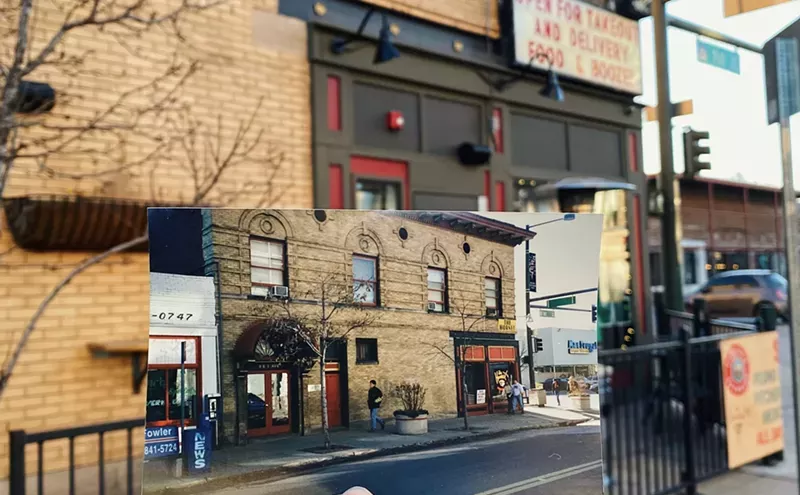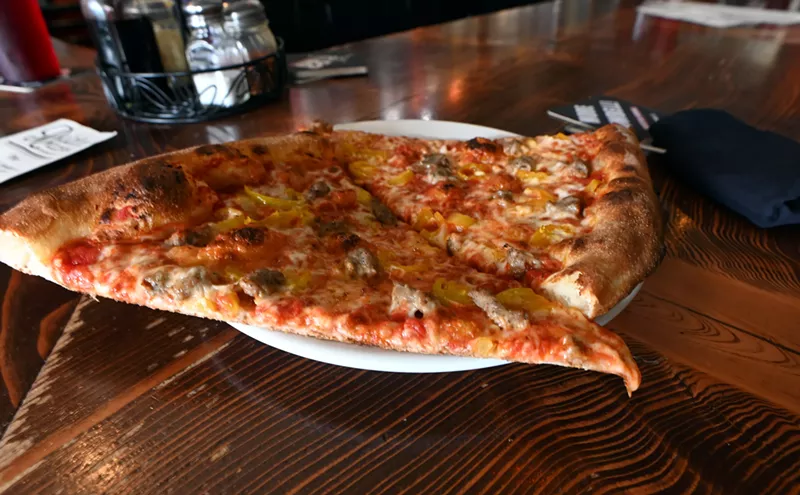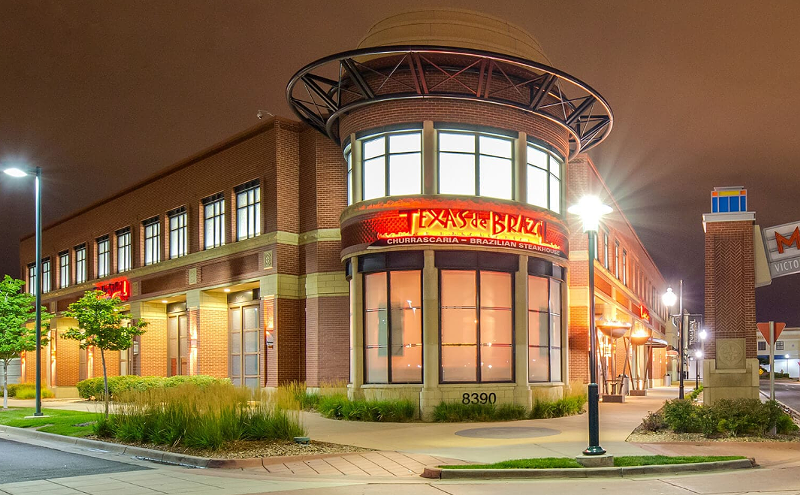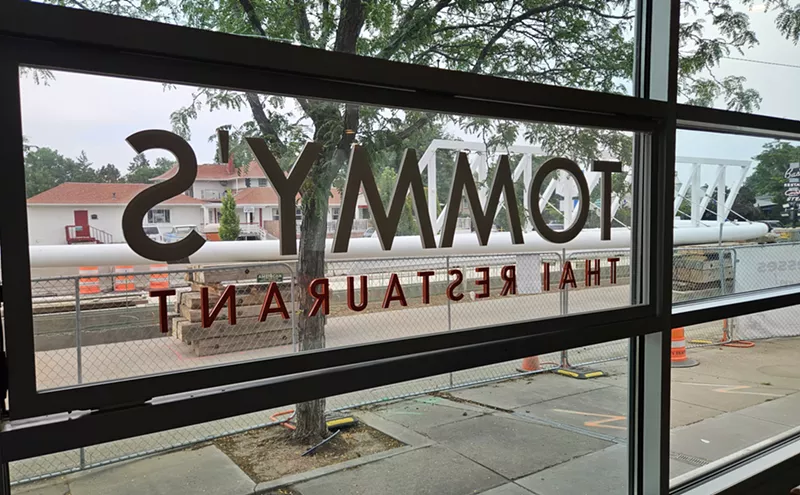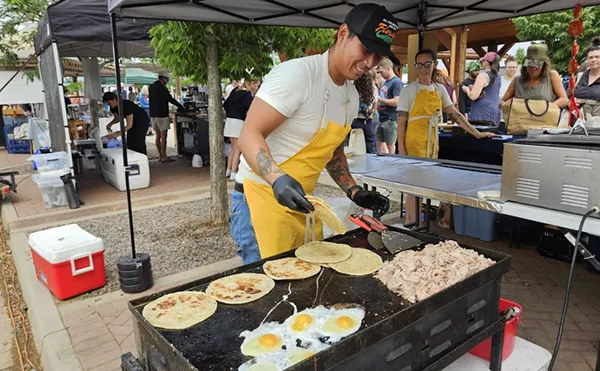Since the espresso machine was invented in Italy, heading to an Italian-style coffeehouse is a smart move when you’re searching for a good cappuccino, latte or inky black shot of concentrated coffee flavor. But Jordan Karp wasn’t interested in a single cup: He wanted to buy the whole shop. In 2009, when Boulder’s two Amante Coffee locations were up for sale, Karp was looking for a career change; his love of both coffee and people made his decision easy. Today he heads a company that runs four caffes in two cities, and is looking at more.
Karp started out in the health-care business, but by the mid-2000s wanted out of that depressing line of work. He returned to college for business school, then briefly tried making a go of real estate, but when the economy tanked in 2008, he realized that that wasn’t what he wanted to do in the long run. At the time, he and his wife were living in Kentucky — but she was originally from Boulder, so the couple decided to move to Colorado.
That’s when a friend told Karp that the owner of Amante was interested in selling. Karp loved the coffee and quickly noticed that the two locations — one in north Boulder and one at 11th and Walnut streets — had distinct personalities, with loyal customer followings at both. Karp knew he wanted to nurture good customer relations, and that was the deciding point.
After buying the two Amantes, he continued to cater to their different clienteles. The downtown Boulder location seemed to attract soccer fans, so he made a point of showing European football there and encouraging supporters of various national and regional teams. The northern shop is situated on a prime cycling route on the edge of town, so Amante is a major stop where road bikers either fuel up with espresso before a long ride or wind down with a “shottino” — a boozy espresso shot popularized in Italy by cycling aficionados. Two and a half years ago, Karp opened a third Amante, on Baseline Road; its proximity to University of Colorado student housing has made it a favorite study hangout with college kids.
And this year, Karp made the leap to Denver. “I had wanted to open in LoDo since I bought Amante,” he explains. He’d scouted locations for a number of years before the space that had long been the Sloane Gallery of Russian Art, next to the Oxford Hotel, became available; he grabbed it, and working with downtown real-estate maven Dana Crawford and Sage Hospitality — the company that runs the Oxford and owns the building — has been a pleasure, he says. After a six-month remodel, the new Amante opened in July with 1,000 square feet, a full bar, and an odd doorway tucked behind a massive stone pillar.
Industry folks generally talk about three waves of coffee in the U.S. The first was the original influx of coffee as the dominant beverage in every home kitchen, diner and breakfast joint in the country. The second wave was the hippie coffeehouse movement that began in the 1960s and culminated with the proliferation of Starbucks. The third wave began after 2000 and encompasses the single-estate coffee-bean movement, the growth of local, independent coffee roasters and an emphasis on lighter, more acidic styles of brewing.
“This is none of the above,” states Karp. “This is old-world coffee that comes from northern Italy, which has a long history with coffee.”
Amante features beans from the Ghigo family, based in Bra, in the northwestern part of Italy. “They have been getting beans from the same plantations for seventy or eighty years,” Karp notes. “The Ghigo family is my sole supplier, and we’re the only ones in the U.S. to use their coffee.”
Karp points out that while the arabica species of coffee is currently considered the only bean worthy of premium status, almost all Italian coffee companies blend in a certain amount of robusto beans. Robusto beans have gotten a bad reputation because there are many inferior growers, he says, but there are also high-quality estates on which his Italian suppliers rely. Robusto beans also have nearly twice the caffeine as arabica, which Italians seem to prefer. Blending the two species in the right proportion gives Italian espresso a richer flavor — and a bit more of a caffeine bump.
According to Christopher Wright, general manager of the Amante in Denver, the milk is also important in building a European-style cappuccino or latte: The fat content in the milk, combined with the crema — the almost orange foam that forms atop a shot of espresso — is what gives the right texture and body missing in many American coffee drinks. Wright and Karp encourage guests to choose whole milk, but they say they understand that modern coffee drinkers have many dietary preferences and restrictions. “The demand for milk has shifted even in the past six years,” Karp notes, so Amante offers almond and soy — but he’s also sourcing from companies that specialize in special barista blends meant just for steaming and using in espresso drinks. Wright is even getting requests for coconut milk, which is considerably more difficult to steam.
All four Amante locations feature full bars; in LoDo, house cocktails and shottinis keep customers coming through the door through happy hour. It’s part of the Italian caffe tradition for customers to arrive in the morning for coffee and return in the afternoon for grappa, Karp says.
While there are plenty of coffee shops in metro Denver, Karp feels that Amante has found its niche — and its base of regular customers. “Most people won’t even cross the street to try something new if there’s a Starbucks on their side,” he says, acknowledging that Starbucks has struck an important note with its concept of a coffeehouse as a person’s third place — after home and work. He’s tried to create the same welcoming atmosphere at his own spots, and apparently he’s succeeded: “We have customers who use us for their office, people who come back several times a day,” he notes.
“The bare minimum is that you put out a good product,” he continues. But Amante not only turns out good coffee, it also offers breakfast burritos from a company started by one of his employees, local tea and chai, oatmeal and granola from a business in Golden, and chocolates from Colorado producers like Concertos in Chocolate and Robin.
Now that the LoDo location is several months old, Karp would like to add another Amante soon: “The way I see it is that you’re either growing or contracting,” he says.

Audio By Carbonatix
[
{
"name": "GPT - Billboard - Slot Inline - Content - Labeled - No Desktop",
"component": "23668565",
"insertPoint": "2",
"requiredCountToDisplay": "2"
},{
"name": "STN Player - Float - Mobile Only ",
"component": "23853568",
"insertPoint": "2",
"requiredCountToDisplay": "2"
},{
"name": "Editor Picks",
"component": "17242653",
"insertPoint": "4",
"requiredCountToDisplay": "1"
},{
"name": "Inline Links",
"component": "18838239",
"insertPoint": "8th",
"startingPoint": 8,
"requiredCountToDisplay": "7",
"maxInsertions": 25
},{
"name": "GPT - 2x Rectangles Desktop, Tower on Mobile - Labeled",
"component": "24956856",
"insertPoint": "8th",
"startingPoint": 8,
"requiredCountToDisplay": "7",
"maxInsertions": 25
},{
"name": "Inline Links",
"component": "18838239",
"insertPoint": "8th",
"startingPoint": 12,
"requiredCountToDisplay": "11",
"maxInsertions": 25
},{
"name": "GPT - Leaderboard to Tower - Slot Auto-select - Labeled",
"component": "17676724",
"insertPoint": "8th",
"startingPoint": 12,
"requiredCountToDisplay": "11",
"maxInsertions": 25
}
]


